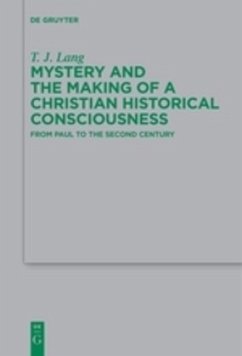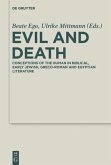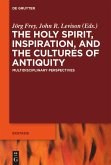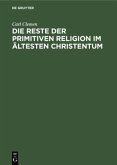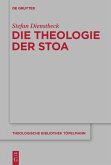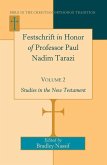In general, theological terms this study examines the interplay of early Christian understandings of history, revelation, and identity. The book explores this interaction through detailed analysis of appeals to "mystery" in the Pauline letter collection and then the discourse of previously hidden but newly revealed mysteries in various second-century thinkers. T.J. Lang argues that the historical coordination of the concealed/revealed binary ("the mystery previously hidden but presently revealed") enabled these early Christian authors to ground Christian claims - particularly key ecclesial, hermeneutical, and christological claims - in Israel's history and in the eternal design of God while at the same time accounting for their revelatory newness. This particular Christian conception of time gives birth to a new and totalizing historical consciousness, and one that has significant implications for the construction of Christian identity, particularly vis-à-vis Judaism.
Bitte wählen Sie Ihr Anliegen aus.
Rechnungen
Retourenschein anfordern
Bestellstatus
Storno

